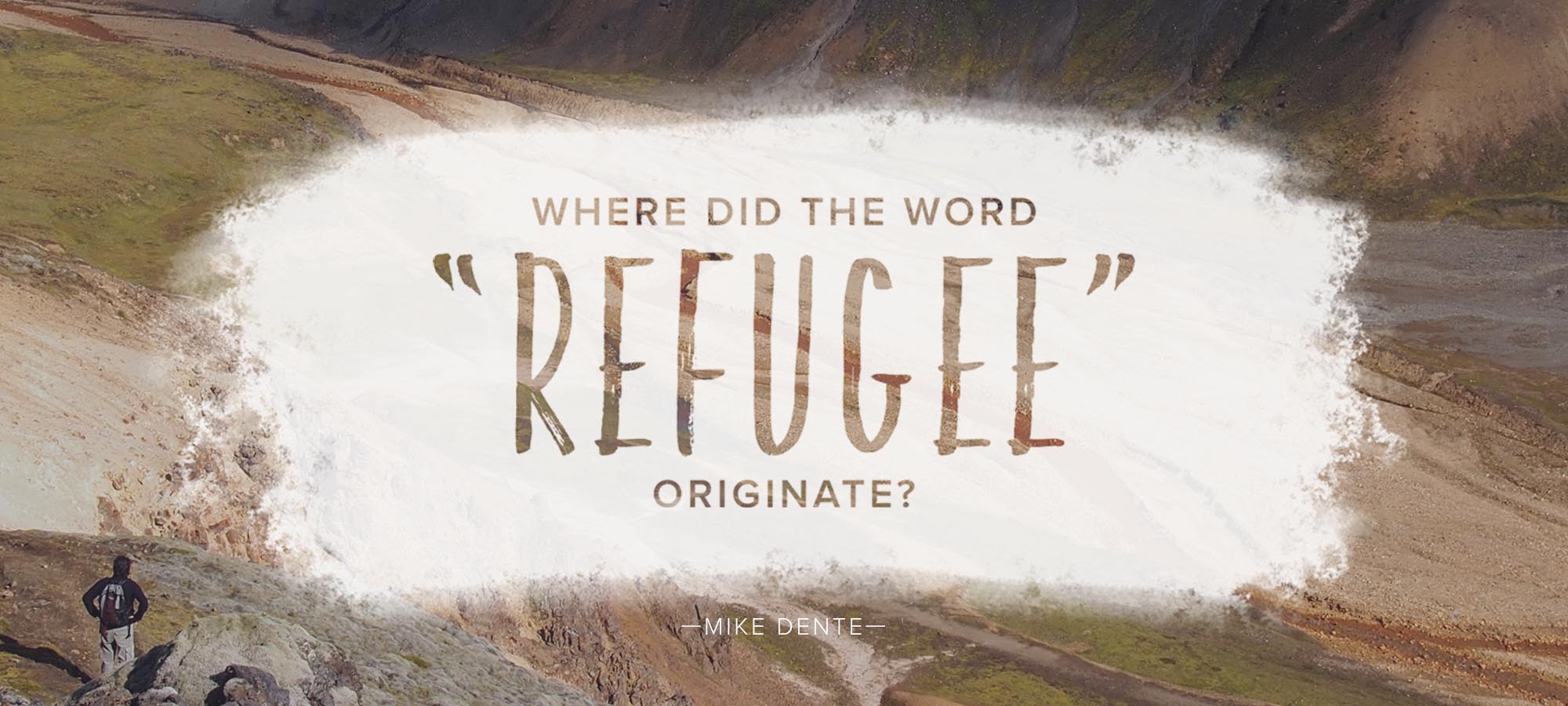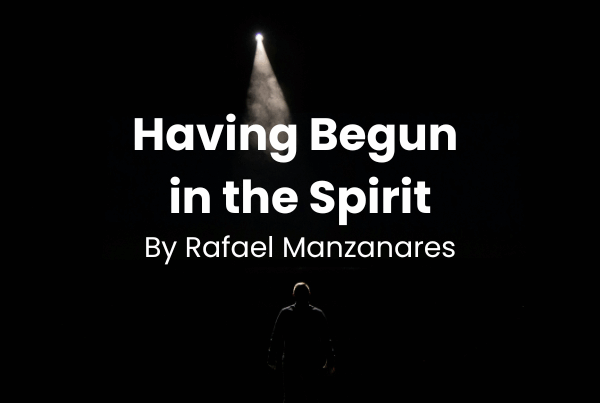
It is no understatement to say the refugee crisis in the West is troubling. I find myself looking nervously at images of the masses fleeing one situation while they etch out a hope for a better existence. The situation continues to grow and become more devastating. Camps have been displaced; volunteers are in great demand, but we are far from a political solution. Oddly enough, the situation vaguely reminds me of the way the word “refugee” came into existence, and what it meant for the cities of London, Amsterdam and even the development of the American Colonies.
In October of 1685, Louis XIV, the illustrious “Sun King” of France, signed into law the Edict of Fontainebleau that would forever change his kingdom and give birth to our word “refugee.”
His grandfather, Henri IV, had begun the process of ushering in legislative peace between Catholics and Protestants. Born a Protestant, Henri “converted” to Catholicism to ascend to the throne. He understood first hand the horrors of the Religious Wars (1562-1598) that deeply wounded the country and witnessed the first massive exodus of Protestants, directly following the Saint-Bartholomew’s Day Massacre (1572).
Henri IV was well loved by the French people. One of his most popular policies was poule au pot pour dimanche, a goal of assuring that each family in his kingdom would have the luxury of a full chicken to eat at least every Sunday. He was a shrewd politician that devised a compromise to bring peace between the warring Catholic and Protestant factions called the Edict of Nantes (1598). In his plan, there would be liberty of religion, where Protestants could worship in peace – just as long as they stayed out of Paris. Many have wondered what this unique king could have accomplished if only he’d been allowed to live out his years. But tragically, he was assassinated in the streets of Paris by an ultra-Catholic militant in 1610.
Over the next 75 years, the Protestants of France slowly saw their privileges stripped away.
By the time Louis XIV was ready to enact his bill, he’d already destroyed most Protestant temples, while aggressively seeking Protestant conversions to Roman Catholicism. In his preamble, he pays tribute to Henri IV’s work of peace and firmly asserts that because the Protestants are in such small numbers as to cause to no further concern, the, “Edict of Nantes is no longer useful.”
Among the numerous laws effective immediately following the Edict of Fontainebleau was the interdiction to practice the Protestant religion. The king ordered the banishment or execution of pastors, removal of all Protestant schools, including an obligation to send their children to be catechized by the local Catholic parish and the confiscation of the possessions of any Protestant family who fled the country. This legislation produced a mass exodus of Huguenots (French Protestants) living in the North of France to England and Amsterdam. Protestants in the East emigrated towards Geneva and those in the West moved towards the New World. This movement was called the Refuge, speaking of the neighboring countries that became a refuge for the réfugiés, or “refugees” as the word became adopted into the English language.
What were the results of the Refuge for France and those that received her fleeing Protestants? The Huguenots in France endured some of the worst persecutions; many converted, but the movement mostly went underground taking on the name l’Église du Désert, or the Church of the Desert in reference to Israel’s 40 years of wandering. Those that stayed became fighters and stronger in their faith. The testimony of Marie Durand, imprisoned for her faith, scratched in the stone wall of her cell. Preserved today, it still speaks with it’s one word: résister or “resist.” They held out as long as they could, but their vacuum gave way to the Enlightenment philosophers like Voltaire and Jean-Jacques Rousseau.
As those that could flee were often aristocracy, wealthy and educated, they took with them their money and talents to serve other kingdoms. Some came back as missionaries, but quite a few found themselves on safer shores, erecting Huguenot churches and contributing to the well being of their new home. They found havens in Quebec, New York (which was originally called New Amsterdam), Massachusetts, Virginia, South Carolina and Florida. The names of the Huguenots were often Anglicized as time went on, but in tracing their genealogies, they can be found to be influential participants several generations after the Refuge.¹ One such person is Paul Revere.
So as I look out on today’s migration, I wonder what they will bring to their new homeland, and how they will change our world.
These are questions that we will only see answered through time, but we shouldn’t be afraid. Many refugees are Muslim, but not all of them. Some are Christians, and many are becoming Christian somewhere on the road. Most refugees I’ve met are disillusioned and yet open to the Gospel. It’s good news for everyone. Every soul that opens up to Jesus is a new brother or sister. We are truly at a great crossroads, where we need wisdom, and sometimes a look from the past may shed a little light onto our present situation. I hope it will inspire prayer, compassion and outreach.
¹ “List of Huguenots” – Wikipedia






